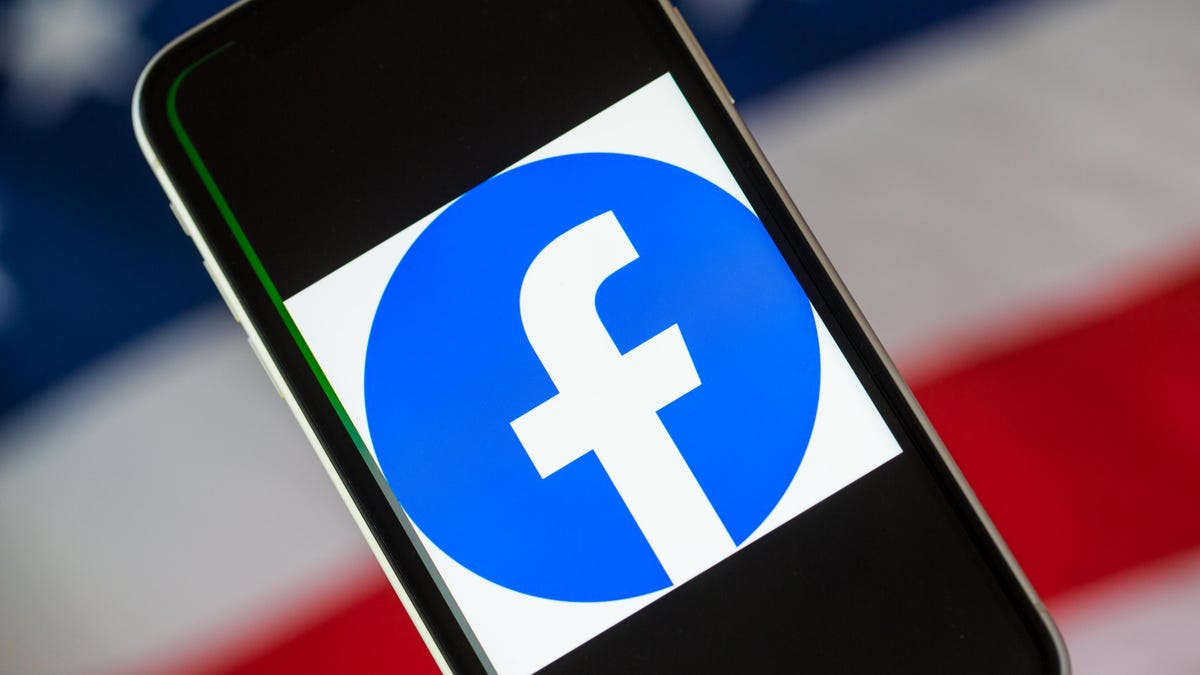Facebook ignored the impact of fake accounts on elections, a reported memo says
The social media platform has been slow to act against coordinated misinformation campaigns, the report says.

Facebook has been slow to act against coordinated misinformation campaigns, a report says.
Facebook reportedly ignored fake accounts being used to undermine elections via misinformation posted on the social media platform, according to a leaked memo. The 6,000-word memo, written by a former Facebook data scientist and seen by BuzzFeed News, said the site reacted slowly to evidence of coordinated campaigns to influence political results globally.
"In the three years I've spent at Facebook, I've found multiple blatant attempts by foreign national governments to abuse our platform on vast scales to mislead their own citizenry," the memo reportedly says. "I have personally made decisions that affected national presidents without oversight ... I know that I have blood on my hands by now."
The memo was written by Sophie Zhang, who BuzzFeed News said was recently fired. Zhang didn't speak to the publication.
She pointed to examples of coordinated campaigns being used to mislead people in the US, Honduras, Azerbaijan, Brazil, Ukraine, Spain, India, Bolivia and Ecuador in the reported memo. Facebook only began investigating the Azerbaijan incident a year after Zhang reported it, according to the report, and it took nine months for Facebook's leadership to act on a Honduran misinformation campaign.
During the 2018 elections, Facebook had to remove more than 10 million fake reactions and followers from politicians in the US and Brazil, the report says. And Facebook was more focused on spam removal rather than the societal impact of coordinated attacks, according to the reported memo.
"Overall, the focus of my organization -- and most of Facebook -- was on large-scale problems, an approach which fixated us on spam," Zhang reportedly wrote. "The civic aspect was discounted because of its small volume, its disproportionate impact ignored."
Facebook didn't immediately respond to a request for comment. CNET wasn't able to immediately reach Zhang.

